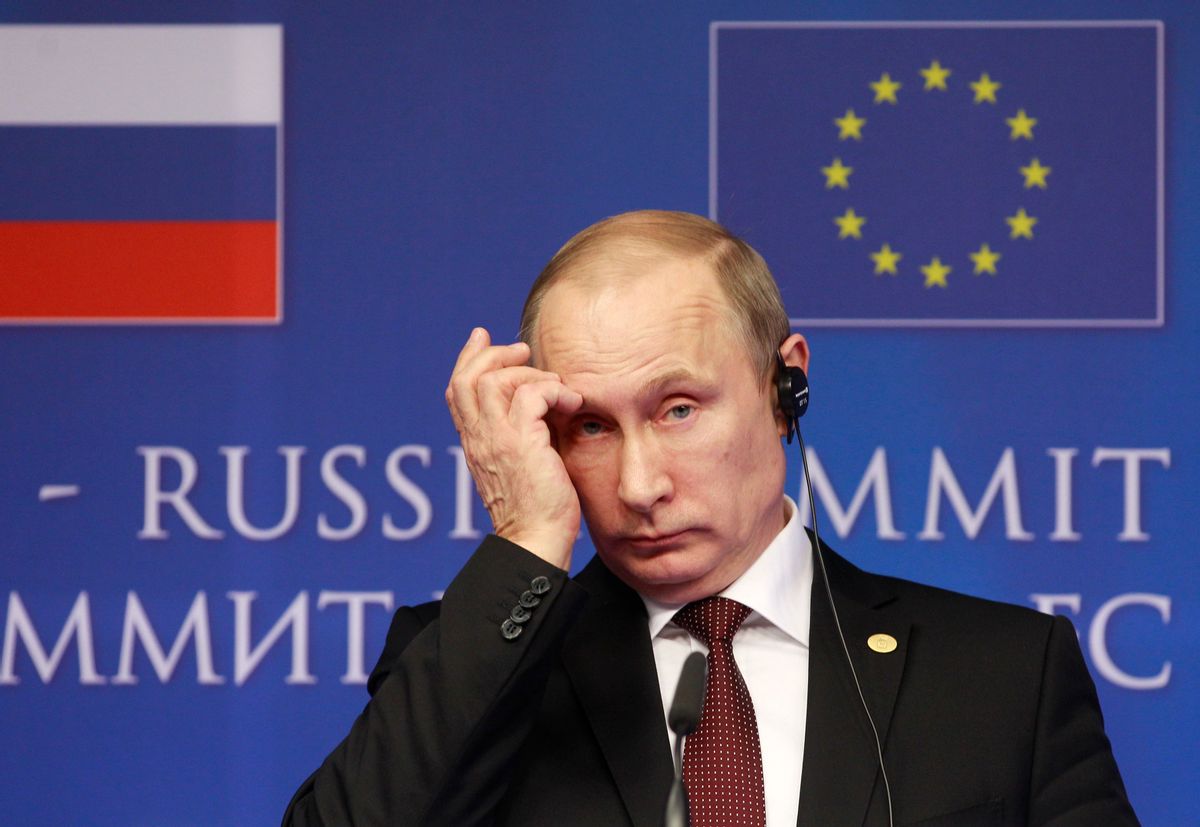U.S. spy agency mass surveillance has been revealed in recent months as troubling as it is totalizing. However, a story highlighted in the Wall Street Journal this morning illustrates that the steep uptick in U.S. spying efforts and capabilities since 9/11, while systematically invasive of ordinary citizens, fails in its ostensible role to survey geopolitical machinations of adversarial world powers.
Every communications datum within and going out of the U.S. is hoarded by U.S. spy agencies, but Russian plans to invade the Crimean region were totally missed. As the WSJ noted, "intelligence analysts were surprised because they hadn't intercepted any telltale communications where Russian leaders, military commanders or soldiers discussed plans to invade." The titanic force of U.S. eavesdropping serves to surveil us all, but appears to have failed at the most basic directive of giving early warnings for significant geopolitical events.
A number of factors account for the "information gap" over Putin's Crimean intentions, among them a post-9/11 shift of intelligence resources away from Cold War sites and on to the Middle East and the war on terror. Sophisticated Russian subterfuge also played some role, analysts believe. The U.S. is now reportedly scurrying to divert more intelligence resources (satellite spying and communications interception) onto Russia, Ukraine and the Baltic states. Nonetheless, the story of the missed Russian invasion plans should prompt questions about the functions and functionality of the surveillance state in which we live.



Shares